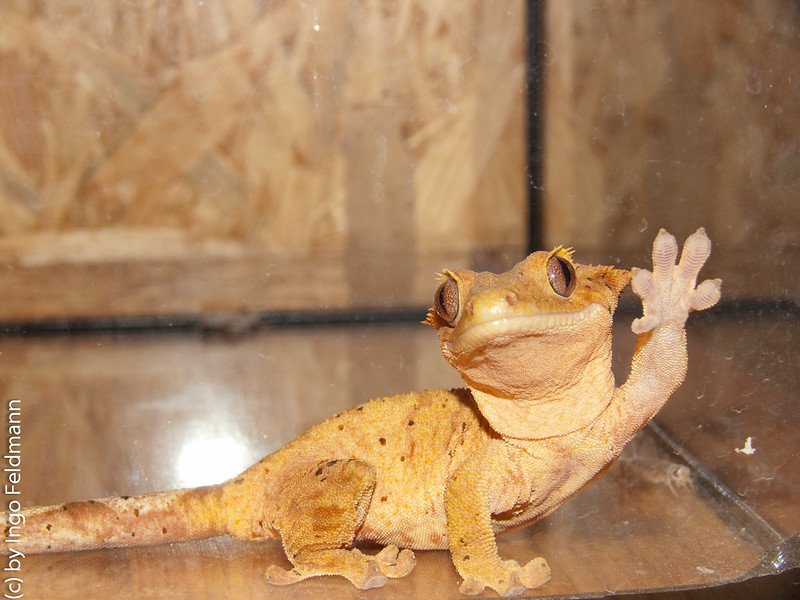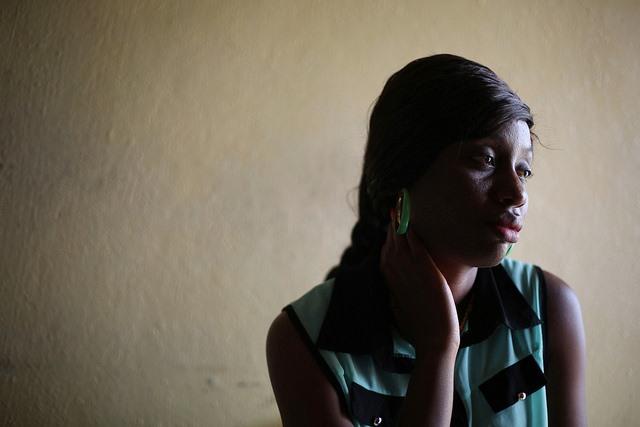Since its last update in May on a Salmonella outbreak linked to pet geckos, the US Centers for Disease Control and Prevention (CDC) last week reported 35 more infections from 16 states and added one more serotype to the outbreak.

Federal officials first announced the outbreak on March 13, when there were just a handful of cases from eight states, all involving Salmonella Muenchen. With the new illnesses, the total now stands at 49 people from 27 states. Of those, 18 infections involve S Muenchen, and 31 involve S Lome. Nine people have been hospitalized, and no deaths have been reported. The latest illness onset was June 12. The median age of the patients is 24 years, and 20% are children younger than 5 years.
Whole-genome sequencing of samples collected from patients’ homes in California and New York showed that the two serotypes were closely related to the bacteria from sick people.
Multiple gecko types, but crested most common
Of 37 people asked about animals they were exposed to before they got sick, 19 reported contact with a pet gecko. Of 18 who had information about the type of gecko they had contact with, 12 reported contact with crested geckos, 7 with leopard geckos, and one each with African fat-tailed, Malaysian cat, satanic leaf-tailed, white-lined, and wild geckos.
People bought the geckos from multiple retail locations, and investigators are still gathering information on where people got their pets and what breeders supplies them. However, the outbreak strains have been linked to multiple suppliers, including one common to both outbreak strains.
Salmonella outbreaks have been tied to pet geckos before. For example, a similar outbreak in 2015 sickened 22 people from 17 states, according to CDC data. The CDC urges gecko owners to wash their hands after handing the animals, their food, or items in their environment. Officials also recommend keeping geckos out of the kitchen or anywhere food is prepared and stored and keeping geckos or other reptiles and amphibians away from children younger than 5 who are at higher risk of Salmonella illness complications.












